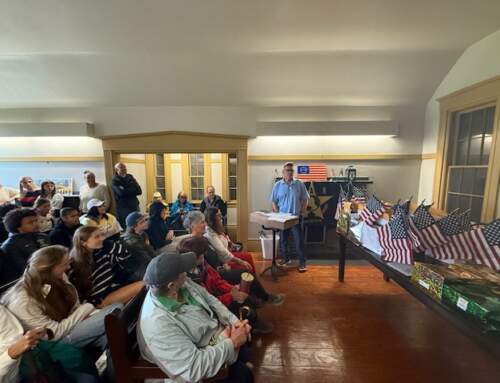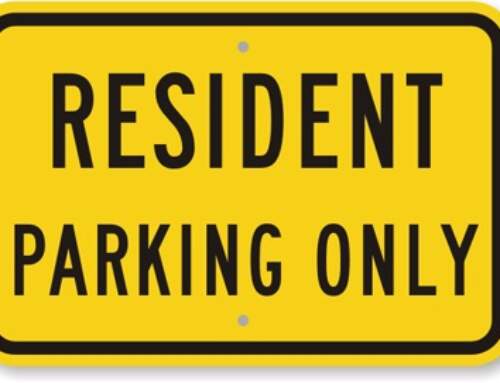By Richard Campbell
The various short-term revenue bills going through a series of transformations on the city and state levels have been accompanied by a fair amount of revision, delay and controversy. When Airbnb went after City Councilor Michelle Wu with a mass email campaign in mid-April, they not only got their facts wrong about the proposed restrictions on Airbnb services in Boston, but they brought a flurry of support from other city councilors for Ms. Wu’s positions. The company’s twitter criticism and mischaracterization of Councilor Wu’s well-deserved reputation as an advocate for the residents of Boston (suggesting that she was in the pocket of the hotel industry) aside: Airbnb officials incorrectly stated that the bill proposed a thirty-day cap on short term rentals. The twitter war was just the beginning. Councilors Ed Flynn and Lydia Edwards and mayor Walsh defended Councilor Wu, and though the first city proposal for restrictions on Airbnb was withdrawn by the mayor early in the year, the state bill 4314 passed the House on March 22, by a vote of 118-30, signaling the beginning of a longer process.
Ed Flynn tweeted: “I stand with my friend & colleague @wutrain (Michelle Wu) when it comes to reasonable regulations for short-term rentals. We must look to protect our housing stock from “investor units” and displacement of residents, as well as addressing public safety & quality of life issues.” Though the PR machine for Airbnb hardly acknowledged the mistake, they continue to try to influence the various bills in process. The real question is what effect Airbnb-like investor units will have upon the housing shortage in Boston, or the price of rents is more difficult to assess. It might be said that the city council doesn’t always agree on everything, but outside interests should be careful when they attempt to back door lobby by denigrating one of its members. It can be clearly seen since then that both the city and state officials are in the majority favoring some sort of revenue gathering from short-term rentals.
Though the Massachusetts State House seems to have been handled a little more adroitly by the short-term rental interests, the complexity of the issues revolving around revenue and classifications of types of housing has not made for easy resolutions. At issue is whether and how owners of properties will pay taxes or one-time fees for the privilege renting out their property in hotel like fashion. Whether the temporary rental system is detrimental to neighborhoods by increasing rents and making scare rental property unavailable to Boston residents is more difficult to determine. Besides these thorny issues, is how much revenue the state and local authorities can expect to squeeze out of this new internet-based industry. Like its ride hailing cousins, Lyft and Uber, who encountered problems with traditional hackney cab service regulations, Airbnb and Home Away see themselves as intermediaries, facilitating small business relationships as a way to avoid being treated like regular hoteliers. The fact of the matter is that all the New England states except Massachusetts have already been collecting revenue from subscribers to these services, so the various requests by both the cities of Boston and Cambridge, along with the state, are not anomalies.
The new House bill would create three classes of Airbnb hosts: a residential host, (taxed at 4%) defined as anyone who owns a building and is renting one or two units, an investor host, (taxed at 5.7%) who own multiple units up to five, and a professionally managed host (taxed at 8%) who owns six or more units. The new house bill proposed separate tax levels are lower than the existing standards for hotel tax rates. There isn’t a lot of evidence on this issue, but the suspicion by several sources based on other national locations, is that the displacement effect is more worrisome than any influence on the already premium rental prices in Boston. The provision for local municipalities to add on their own taxes, and limitations on the investor class of the model are sticking points for the short-term rental industry- but are seen as only fair by traditional hotel industries who adhere to stricter regulations all around.
The Senate bill S.2400 is different than the House bill passed with a vote of 31-6. In that version the state would impose existing hotel taxes on temporary rentals, with the option for communities to impose local excise taxes. It defines the various stakeholders in great detail. The final compromise bill has not been generated yet out of the meat grinder system of the Massachusetts State House. The estimated state tax revenue to be generated is marked at about $34.5 million, with local taxes being about $25 million annually. Perhaps in the realm of State budgets that doesn’t seem like much, but hotel taxes are a pretty easy thing to manage, and a lot less controversial than gambling or pot.
These bills pit the Massachusetts Lodging Association and local officials against Airbnb type businesses in a battle royal. Paul Sacco, president of the Lodging Association, released a statement: “Even the taxation portion of their bill gives unique rights to Airbnb that no other company in the state is entitled to — taxation without verification. We hope that the conference committee will do more to protect residents and guests and ensure this $31 billion multinational corporation is accountable for paying its fair share.” Airbnb officials called the proposal “onerous” and “burdensome”. It is realized that in between these larger groups are individual home owners who wish to make some income to offset the steep cost of living in Boston, (in a way that Airbnb’s founders did originally in San Francisco), who have been informally surveyed, but rarely weigh in on the public debate. This writer, in full disclosure, has used Airbnb in several other cities and found the service to be invaluable for low cost short term rentals when traveling.
On the city level, Mayor Martin Walsh proposed a new ordinance that seems simpler on the surface with three different revenue generating options for temporary rentals. “Limited Share Unit” meaning a space inside a unit, would be taxed at $25.00, annual fee a “Home Share Unit” meaning an entire primary residence would be taxed at $200.00, annual fee, and an “Owner Adjacent Unit meaning a unit in a two or three family building can be rented for up to 120 days would be taxed at $200.00, annual fee. It is expected that between City Council deliberations, the Massachusetts State House bills, the delays coming to a conclusion are tied up as much with the meat grinder of political mechanisms as much as pressure for various stakeholders. Whatever the outcome of these separate movements, it appears that Airbnb may not be as successful lobbying in Massachusetts as it has been in other states.






